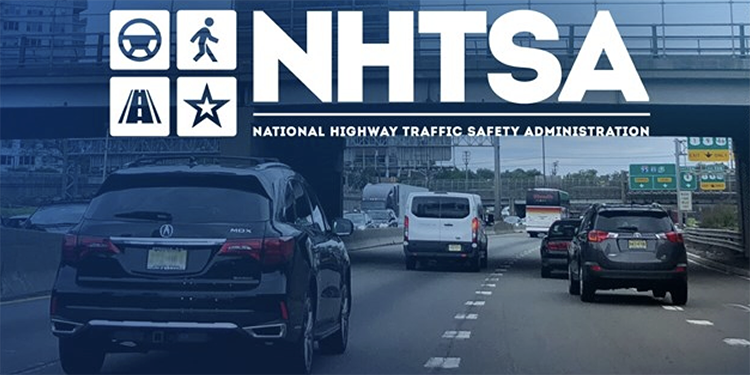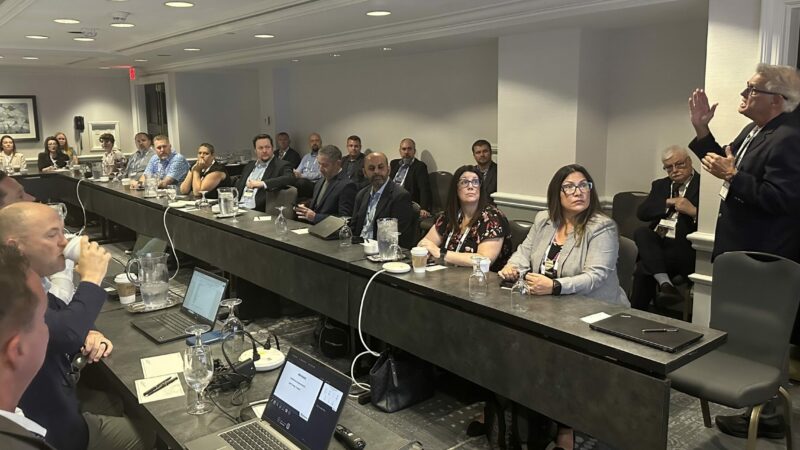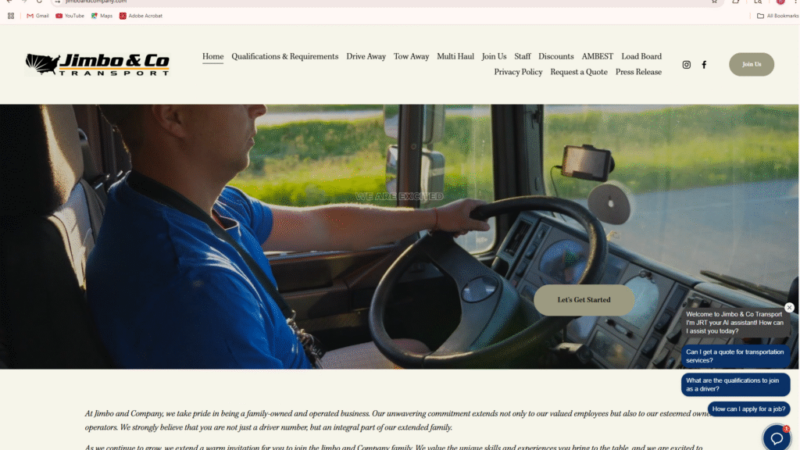Impact of Sprinter Recall Being Felt Across the Industry

Product recalls are nothing new to the automotive and RV industries — anything requiring a big dose of human participation will, on occasion, come up short. That’s perhaps why when, on Oct. 31, Daimler Vans USA LLC’s recall of 2019-2022 Mercedes-Benz- and Freightliner-badged Sprinter-based RVs equipped with a manual parking brake and 7-speed automatic transmission didn’t initially raise a lot of eyebrows. The problem — the guide bushing on the parking brake awl may fatigue, possibly resulting in the parking awl not engaging and resulting in vehicle rollaway — was to be rectified with a software update.
However, given the possibility of injury to owners, the Sprinter recall was accompanied by a “do not sell” order until the problem was eradicated — and that has proven to be problematic in an industry where Class B conversion van sales remain a bright point in sales rapidly finding a “new normal” after record-setting registrations due to pandemic-related purchases by consumers. The Sprinter chassis is used by a number of manufacturers for both Class B and Class C motorhomes.
“We’re allowed to build (on the chassis) and we’re allowed to ship to the dealer,” said Cory Weatherton, senior director of product development for Jayco and Entegra. “Presently, the dealer is not allowed to deliver the unit to the end customer. So, deals can be made — they just can’t be delivered.”
As Weatherton related, Mercedes-Benz has implemented a software update for more recent units currently in production or awaiting shipment to manufacturers. Sprinter-based vehicles already on dealership lots, however, are another story.
“They (Mercedes-Benz) have an update,” Weatherton told RVBusiness. “They originally estimated the ‘fix’ for field inventory to come in the first quarter of next year. Now, they are saying it will be at some point in January.”
At that, the impact has already been felt. In his company’s earnings report for Q1 Fiscal 2023, Winnebago CEO Mike Happe said the recall had a negative impact of approximately $50 million in net sales, as well as corresponding impacts to profitability and cash flow. He noted the company is projecting a similar impact in Q2.
“From a long-term standpoint, we don’t view this as a systemic issue. We believe Mercedes will continue to make quality chassis for their OEM and retail consumers and we’ll get back to business operating smoothly at some point in the future. The biggest concern with that issue is retail being frozen, or lost, while they pursue the resolution – and whether that comes back to have a material impact on the total number of wholesale shipments that OEMs like ourselves can ultimately deliver to the market,” Happe said at the time.
The situation also presents a number of problems for dealers. Ben Hirsch, COO of Campers Inn RV, told RVB that the inability of dealers to deliver units in stock has had a detrimental impact on a number of fronts.
“Obviously, the ‘stop sale’ (order) means that we can’t actually sell the vehicles or deliver them to customers, which impacts us from a business perspective,” Hirsch said. “The Mercedes-Benz chassis is used on a large number of Class B camper vans — and we (Campers Inn) have a huge presence in that market. It’s also used for Class C’s. So, both of those segments are being impacted, which means there is no revenue coming in on that side.”
That loss of revenue — from November and December, while continuing until at least January if not further — is, according to Hirsch, “a huge portion of a year’s business.
“Some customers will order one and put money down on it, but a lot of customers will choose to buy something else — or won’t buy at all,” he noted.
Another negative impact for dealers, he added, was placing them in an overstock situation “because we’re missing somewhere between three and five months of sales. That’s going to create an overstock of this particular product because even if half of those sales fall through, that’s still months’ (extra) supply of inventory in excess of what’s needed. So, it’s going to have a pretty big impact on the dealership base and manufacturers, as well.”
Aside from the financial impact to dealers — including monthly floorplanning expenses and extra carrying costs in terms of inventory — the loss of sales also hurts salespersons at a critical time.
“It’s lost commissions for our sales people,” said Hirsch. “These are sales where, at this time of the year, every sale counts.”
On at least one front, dealers are being assisted by manufacturers on covering floorplanning costs. “A lot of our manufacturing partners are stepping up and providing some form of floorplanning reimbursement,” Hirsch said.
At present, there’s still seems to be some question as to how Sprinter representatives will address software updates in the field. “It’s either going to be dealers taking the units to Mercedes-Benz dealerships or their technicians traveling to the dealership(s),” Weatherton noted.
Source: https://rvbusiness.com/impact-of-sprinter-recall-being-felt-across-the-industry/






